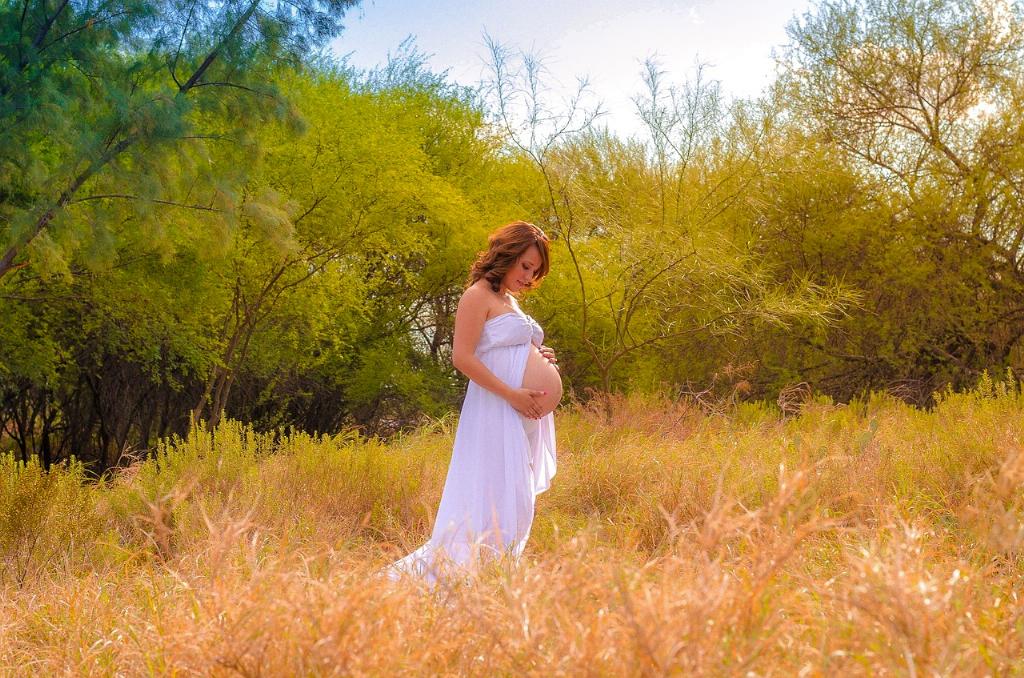Experiencing dizziness or feeling like you might faint during pregnancy can be frightening and unsettling. It’s not uncommon for expectant mothers to encounter these symptoms, but understanding the reasons behind such episodes can help ease your worries and guide you in managing them effectively.
Hormonal Changes and Blood Pressure
One of the primary causes of feeling faint during pregnancy is the significant hormonal changes that your body undergoes. These hormonal shifts can lead to a drop in blood pressure, resulting in less blood flow to the brain. As a result, you may experience dizziness, lightheadedness, or even fainting spells.
Overheating and Dehydration
Overheating is another factor that can contribute to feelings of faintness during pregnancy. As your body temperature rises, especially in hot and humid environments, you may find yourself feeling dizzy or on the verge of passing out. Staying well hydrated and avoiding overheating can help prevent these episodes.
Low Blood Sugar Levels
Maintaining stable blood sugar levels is crucial during pregnancy to prevent dizziness and fainting. Skipping meals or going too long without eating can cause a drop in blood sugar, leading to feelings of weakness, shakiness, and dizziness. Keeping snacks handy and eating regular, balanced meals can help regulate your blood sugar levels.
Changes in Blood Volume
During pregnancy, your body experiences an increase in blood volume to support the growing baby. This expansion in blood volume can sometimes cause blood pressure to decrease, particularly when changing positions quickly. This drop in blood pressure can trigger fainting episodes, especially when standing up suddenly.
Iron Deficiency Anemia
Iron deficiency anemia, a common condition during pregnancy, can also contribute to feelings of dizziness and faintness. Low levels of iron in the blood can impair oxygen delivery to the brain, leading to symptoms like fatigue, lightheadedness, and fainting. Taking prenatal vitamins and eating iron-rich foods can help prevent anemia.
Physical Strain and Fatigue
Carrying a baby places additional strain on your body, leading to feelings of exhaustion and fatigue. Physical exertion or standing for prolonged periods can tax your body even further, potentially causing dizziness or fainting. Taking regular breaks, staying well-rested, and avoiding overly strenuous activities can help prevent these symptoms.
Postural Hypotension
Postural hypotension, or a sudden drop in blood pressure upon standing up, is a common occurrence during pregnancy. This phenomenon can lead to dizziness, lightheadedness, and even fainting spells when transitioning from a sitting or lying position to standing. Moving slowly and making gradual position changes can help mitigate this risk.
Anxiety and Stress
Emotional factors such as anxiety and stress can also play a role in feelings of faintness during pregnancy. Heightened emotions can trigger changes in your body’s physiological responses, potentially leading to dizziness or fainting. Finding ways to manage stress, practice relaxation techniques, and seek support can help alleviate these symptoms.
Medical Conditions and Medications
Some underlying medical conditions or medications can contribute to dizziness or fainting episodes during pregnancy. Conditions such as hypotension, heart problems, or thyroid disorders may exacerbate these symptoms. It’s essential to communicate any concerns with your healthcare provider to address potential issues promptly.
Environmental Factors
Environmental factors, such as being in hot or stuffy environments, can trigger feelings of faintness in pregnant women. Poor ventilation, high humidity, or exposure to strong odors can exacerbate sensations of dizziness or lightheadedness. Ensuring proper ventilation, staying cool, and avoiding triggers can help minimize these symptoms.
Hygiene and Self-Care Practices
Hygiene and self-care practices can also impact your likelihood of feeling faint during pregnancy. Standing up too quickly after showering or bathing can induce postural hypotension, potentially causing dizziness or fainting. Taking precautions when engaging in hygiene routines can prevent such incidents.
Seeking Support and Guidance
If you frequently experience episodes of dizziness or fainting during pregnancy, it’s vital to seek support and guidance from your healthcare provider. Professional evaluation can help identify any underlying issues and provide tailored recommendations to manage your symptoms effectively. Remember that you are not alone, and assistance is available to ensure a healthy and safe pregnancy journey.

